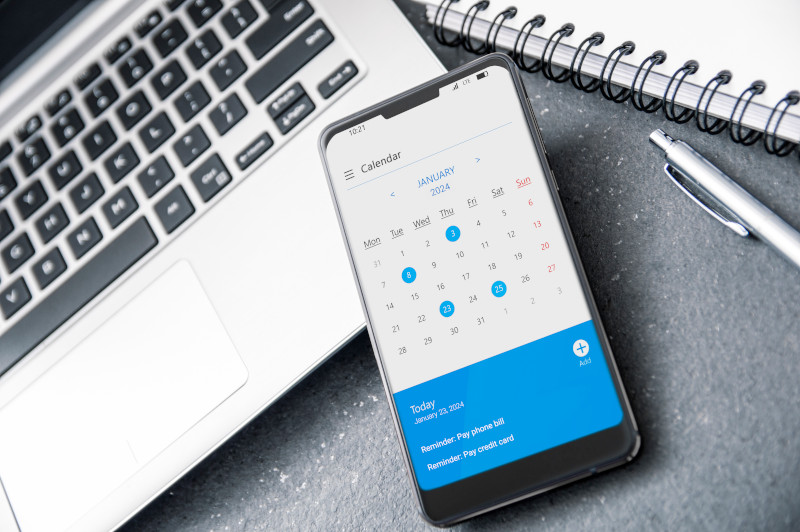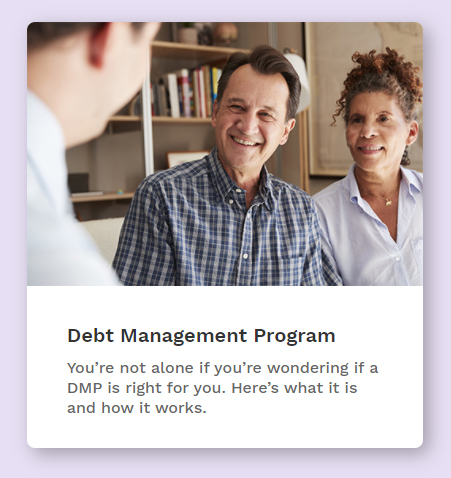How to Deal With Debt in Your 20s in 2025
By Carmen Chan
Did you know that how you manage money in your 20s – from what you do with your first taste of a steady income and salary to how quickly you pay off your debts – your habits will shape your financial future for decades to come?
With tuition, textbooks, rent, groceries, and fun money, whether you’re paving your way through higher education or you’ve just joined the workforce with hefty student loans on your mind, finding your financial footing in your 20s isn’t easy.
The average Canadian’s credit card balance in the first half of 2024 was $4,681, with each person’s overall consumer debt, excluding mortgages, at $21,910 by the third quarter of 2024. A large part of this overall debt amount is made up of personal loans and credit card debt.
If you’re a Gen Zer paying your dues at school or in the first steps of your career, now’s the time to get a handle on your finances. Here’s a look at the key steps you should take in your twenties to conquer your debts and boost your savings.
Stay on Top of Your Debts to Build Up Credit History
Your 20s are a pivotal moment to build a solid credit history. You’re starting with a blank slate to make a great first impression to lenders when it’s time to apply for a loan or mortgage down the road. Showing them that you can keep up with payments for the long haul could save you thousands of dollars in interest.
How do you do this? Don’t be late on making payments to your debts. At this point, they shouldn’t be more than your student loan repayments, your phone bill, and a small amount on your credit card. Circle due dates on your calendar or set up direct debits to stay on track.
ADHD Money Management: 5 Ways to Work With Your Brain, Not Against It
Get to Work – As Much as You Can
Did you know almost half of Canada’s post-secondary students take on student loan debt? And then pay for additional, nice-to-have lifestyle expenses on their credit cards?
Tackle your debts by getting a job – this could be a part-time job, working a handful of hours each week around your school schedule, taking a job on campus, or you may decide to spend your summer months working a full-time job. You’ll have extra cash flow to pay debts and to help with your day-to-day expenses.
While it might be hard to chip away at your student loan debts during your studies, working will help keep your debts and student loans as small as possible. The idea is to leave school with as little debt as possible.
You can also work smart by researching scholarships, bursaries, and other awards available to you. Non-repayable funding, like grants, bursaries, and scholarships, are a great way to offset expenses tied to your education.
How to Pay for College or University Without Getting Into Major Debt
Budget – And Don’t Get Into More Debt
Your 20s are a time to learn to live within your means. Most young adults don’t have the pressure of paying for mortgages and daycare expenses, but you may be tempted by brand new condo rentals, flashy cars, new electronics, and luxury trips.
Get into the habit of budgeting. What is your monthly income and what are your typical monthly expenses? For a month, track your daily expenses, including your trips to the pub, your groceries, and your online shopping. You may learn you’re spending over $200 a month on discretionary expenses – or “wants” instead of “needs” – like your morning coffee runs or meal deliveries.
What Are Your Bad Habits Really Costing You?
Create a budget by writing down your monthly income and your fixed expenses, including your rent, bills, and transportation costs. Then, attribute some of your income towards your discretionary spending, such as eating out, entertainment, and shopping. You need to also carve out some of your income to put towards savings and debt payments.
Your budget should balance so that your income is enough to cover your fixed costs, debt payments, discretionary purchases, and the money you’re putting into savings. Test out your budget to make sure it fits into your lifestyle.
You may need to cut costs to balance your budget. That could mean getting roommates to split the rent, picking up more hours at work, or selling your car to take the bus to work.
How to Break the Paycheque to Paycheque Cycle
Build Up an Emergency Savings Fund – And Then Some
Saving money can be tricky in your 20s when you have so many competing priorities. Your first pot of savings should be dedicated to an emergency savings fund, a small but invaluable bit of money you can turn to when you’re in a pinch. Typically, your emergency savings should cover three to six months of living expenses.
This may be a big sum to save up, so start small. Begin with an attainable goal of $500 to $1,000 and attribute about 10 percent of your income each month towards your rainy day fund. To simplify the process, automate your savings so the cash is moved over each time you get paid. You can do this through your online banking with a recurring transfer.
Don’t be discouraged when you need to pull cash from this fund. Whether you’re in between jobs, your car breaks down, or you need to take a summer school course, your savings are used for these emergency situations.
Avoid an Unexpected Financial Crisis and What to Do If Disaster Strikes
Save for Retirement
It sounds unrealistic to think about retirement when you’re just getting started with your career, but there’s power in compound interest. Sock away as much as you can – as little as $10 to $20 a month into your retirement fund yielding a high interest rate and watch that pot of money grow as interest accumulates. The longer your money is invested, the more time it has to compound and grow.
If you’re working full-time, it’s worth looking into your company-provided retirement savings plan. Many companies will match your contribution to a certain percentage, so it’s worth taking advantage of that benefit. For example, if they have a matching plan of 4 percent, they will add 4 percent to the 4 percent you put into your retirement savings. That’s essentially getting a 100 percent return on your investment, before you start earning any interest. Don’t miss out if your employer offers this!
Paying Down Debt Is a Bigger Deal Than You Might Think!
Have Patience and Stay Focused
In an era of Instagram influencers and instant gratification, Canadians in their 20s are inundated with the newest fashion, high end real estate, and trendy restaurants. Try not to get swept up in things you can’t afford – and the habit of turning to debt to get your hands on them. Using credit cards and lines of credit is a dangerous game to play in your 20s because you could be setting yourself up for a lifetime of debt repayments, a low credit score, or worse.
Remember, your 20s are for ramen noodles and roommates – and that’s not a bad thing! As your income increases, don’t fall into the trap of lifestyle inflation, using your extra cash flow and bonuses to upgrade your lifestyle.
Decide on why you’re scrimping and saving: is it to pay off student loans a year after graduation, to have a down payment for a home by 25 or to travel the world during a gap year? Figure out what your inspiration is and it’ll keep you focused.
Almost Free from Credit Card Debt? 6 Things to Do to Stay Out of Debt
Get Professional Help With Your Debts If You Need It
If you’re in your 20s and wading in missed payments and overdue debts, get professional help to regain control of your finances. We are a non-profit organization teaching Canadians from all walks of life more about how to manage their finances and deal with their debts. We can do the same for you.
Last Updated on May 14, 2025







